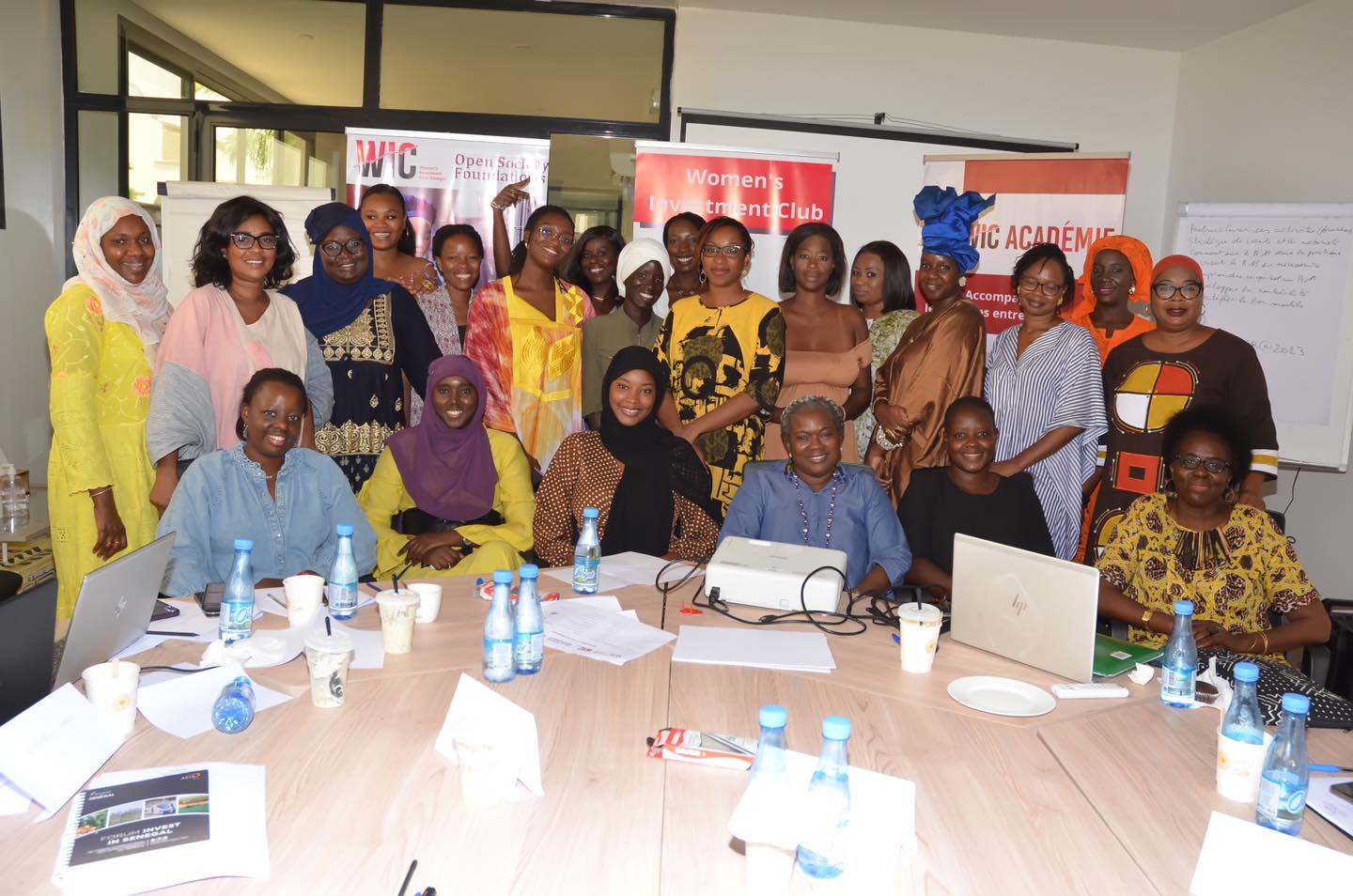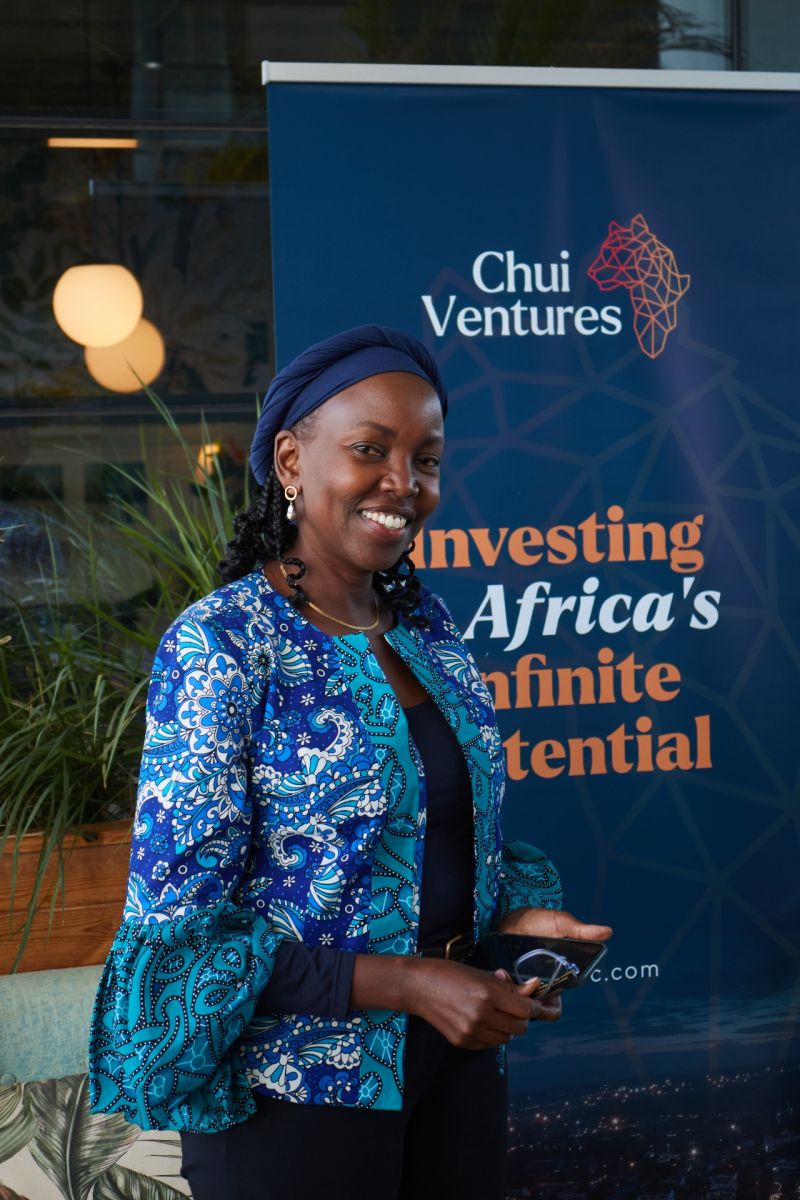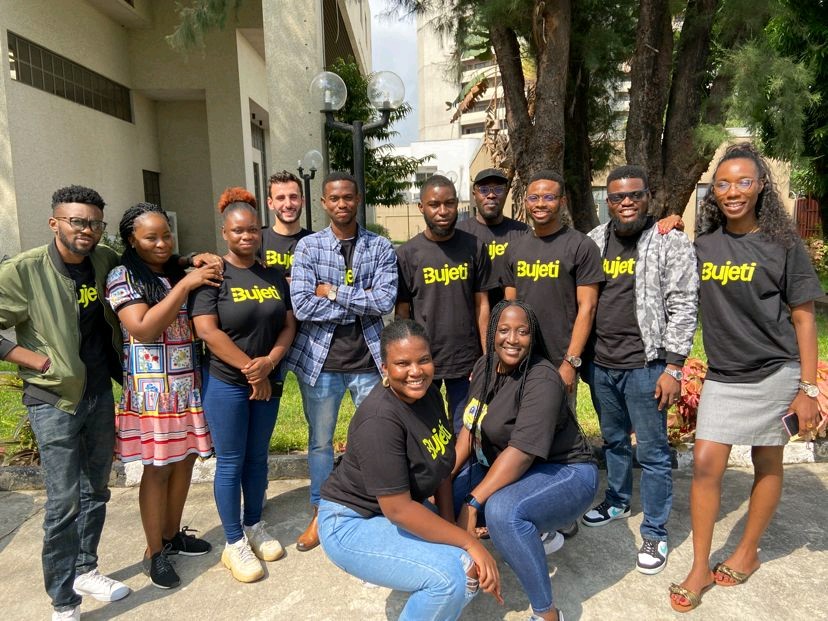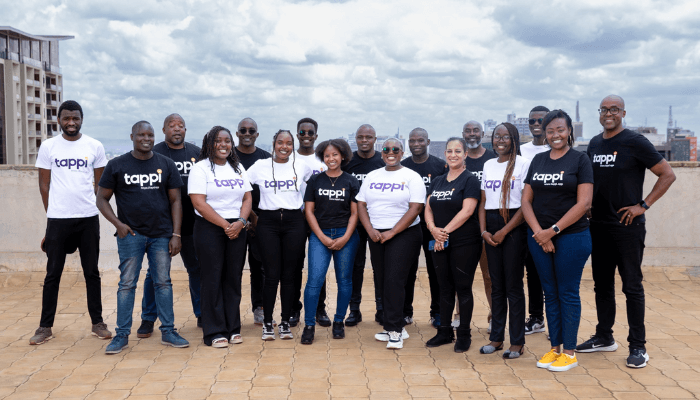AI-Powered Farming: Ghana’s 3Farmate Robotics Secures Funding for Precision Agricultural Innovation
3Farmate Robotics, the Ghanaian agritech trailblazer, has successfully secured an undisclosed amount in angel investment to further propel the expansion of its precision AI-powered electric robots. The investment comes courtesy of a Silicon Valley investor facilitated through Alliance4ai.org, an Africa-based AI organization dedicated to empowering innovators to address critical challenges in the field.
Specializing in leveraging cutting-edge robotics and artificial intelligence, 3Farmate Robotics enables farmers to conduct farm operations swiftly and at reduced costs. The company first gained attention in 2021 with the introduction of its seed-planting robot, embodying its vision of deploying robots on a large scale. The overarching goal of 3Farmate Robotics is to democratize access to advanced AI-powered robots, equipping farmers with tools that elevate their capabilities, enhance productivity, and fortify resilience against the evolving challenges of food production.
The groundbreaking technology developed by 3Farmate is driven by state-of-the-art advancements in computer vision, deep learning, and advanced state estimation algorithms, setting its in-house AI-powered electric robots apart from the conventional methods that rely solely on GPS for navigation. Unlike their counterparts, these robots demonstrate an unprecedented ability to navigate dynamic farm environments with exceptional precision. This unique capability enables the robots to execute seed planting, fertilizer application, and mechanical weeding with unparalleled accuracy, thereby elevating farming efficiency to unprecedented levels.
Clinton Anani, the CEO of 3Farmate Robotics, expressed the significance of the recent investment, stating, “This investment is not merely about financial backing — it’s a validation of our vision to transform agriculture in Africa and beyond. At 3Farmate Robotics, our mission is to empower farmers with technology that enhances productivity, promotes sustainability, and addresses food production challenges. This investment propels us toward a future where technology harmoniously coexists with farming practices, driving innovation and fostering a sustainable, resilient food ecosystem.” The infusion of angel investment marks a pivotal moment for 3Farmate Robotics, reinforcing its commitment to revolutionizing agriculture through the integration of cutting-edge technology.

Charles Rapulu Udoh is a Lagos-based lawyer, who has several years of experience working in Africa’s burgeoning tech startup industry. He has closed multi-million dollar deals bordering on venture capital, private equity, intellectual property (trademark, patent or design, etc.), mergers and acquisitions, in countries such as in the Delaware, New York, UK, Singapore, British Virgin Islands, South Africa, Nigeria etc. He’s also a corporate governance and cross-border data privacy and tax expert. As an award-winning writer and researcher, he is passionate about telling the African startup story, and is one of the continent’s pioneers in this regard.











